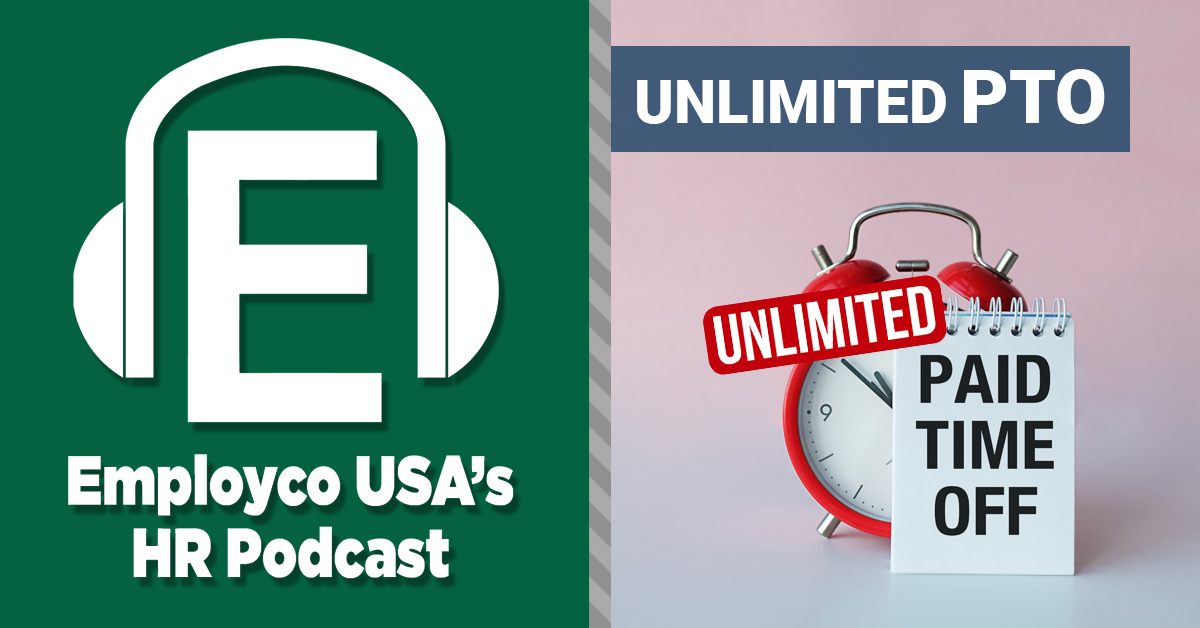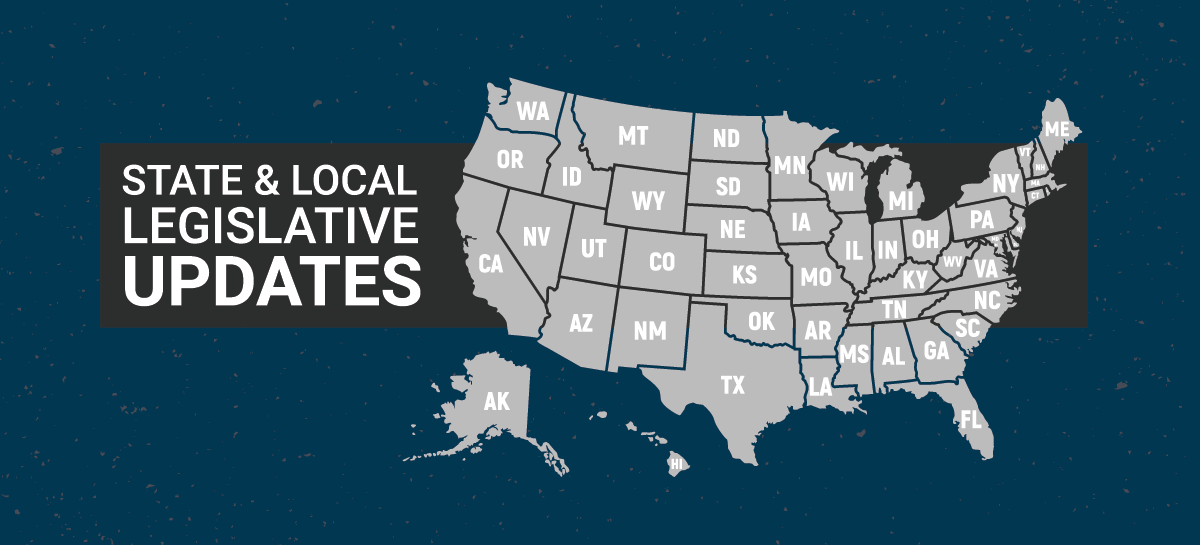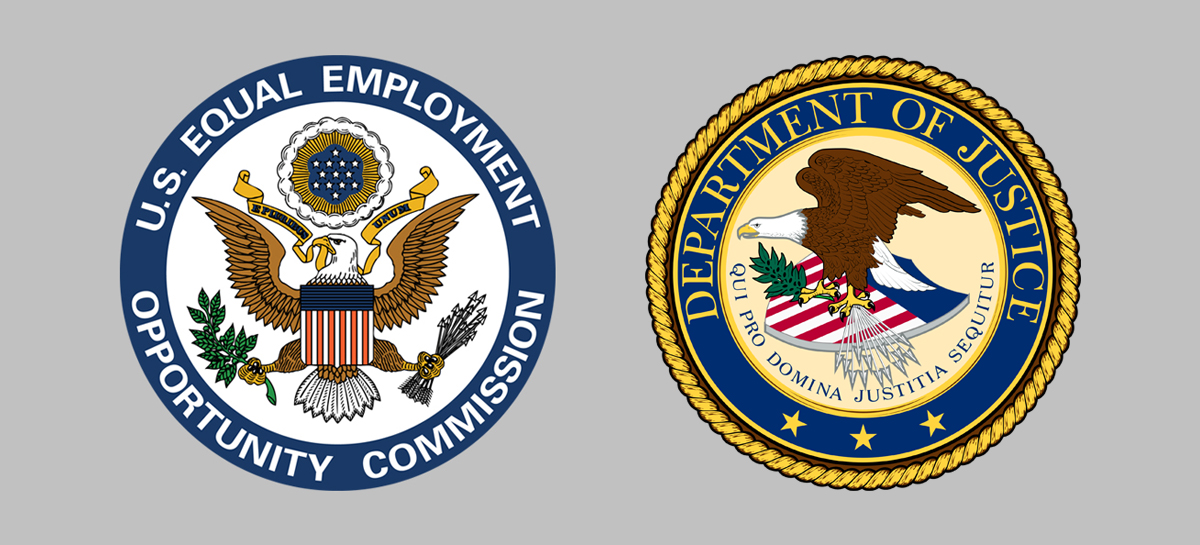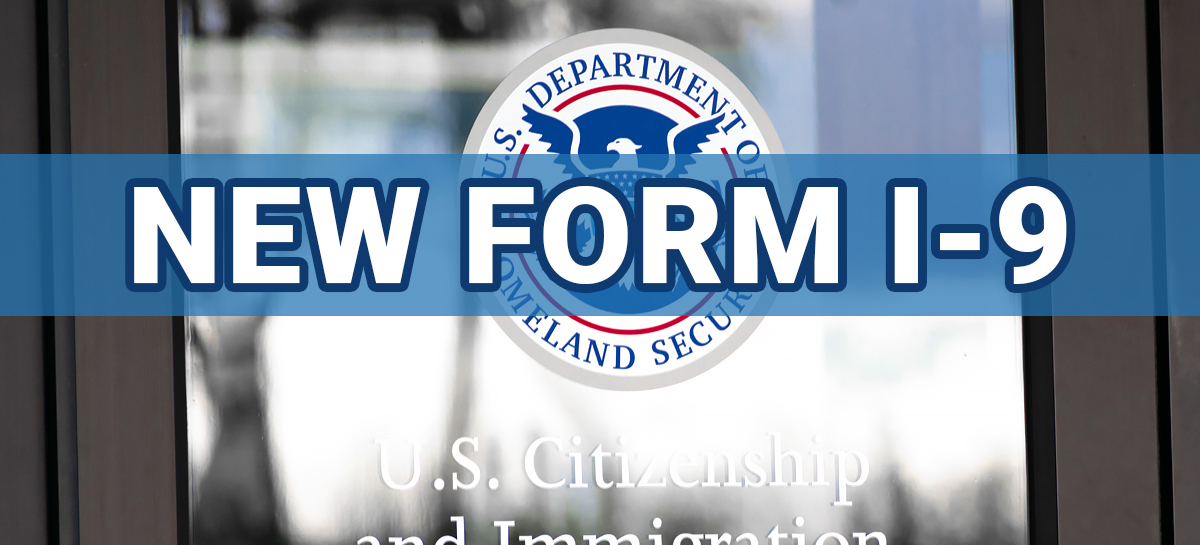
There is currently no federal law that requires employers to disclose salary information to job applicants or employees. However, a growing number of states have enacted legislation that requires employers to disclose wage or other compensation information to applicants or employees under pay transparency laws. Colorado’s pay transparency law, which took effect in 2021, was the first such law. Since then, the District of Columbia and 14 additional states (including California, Illinois, and New York) have passed pay transparency laws.
Continue reading





